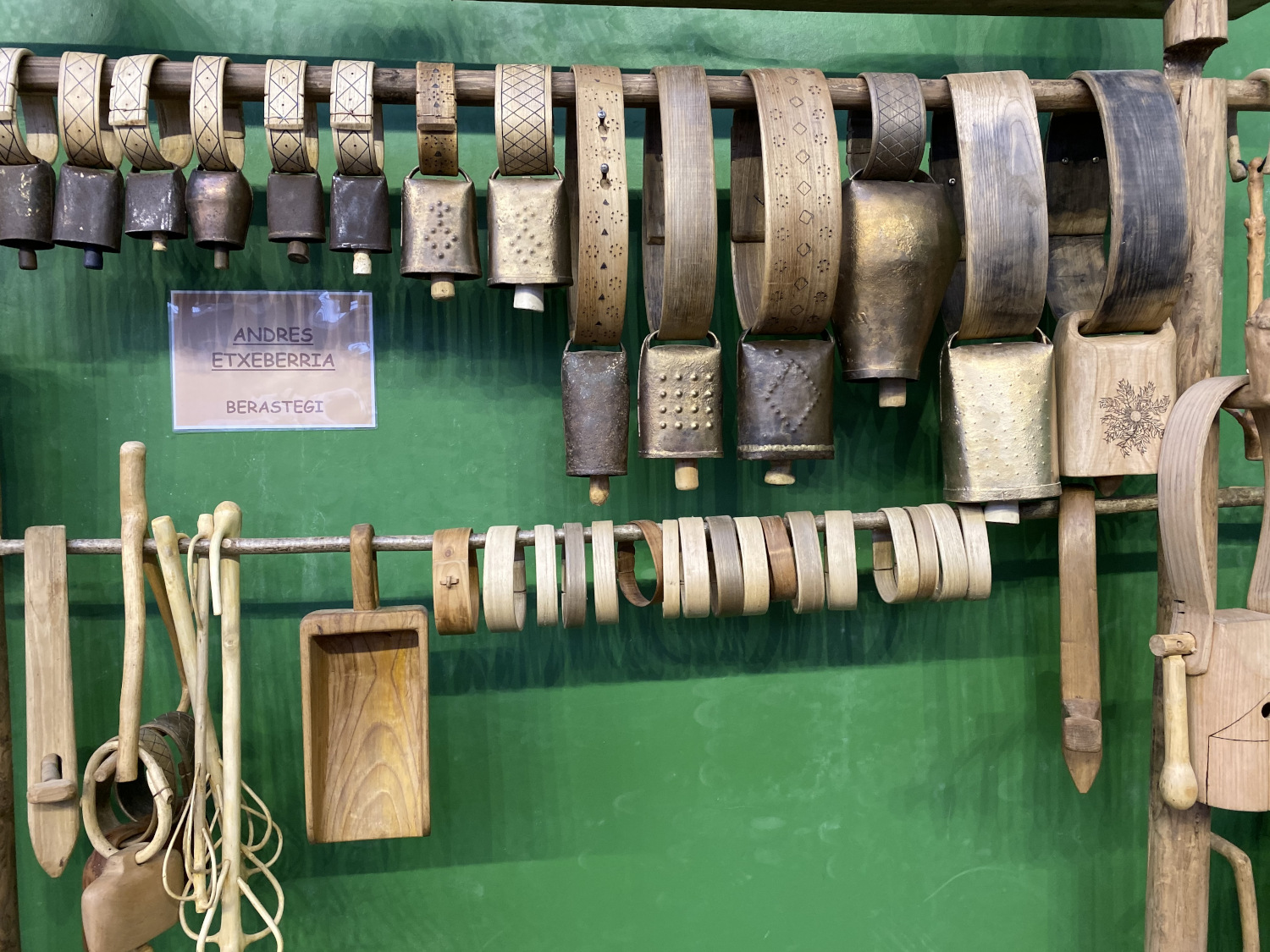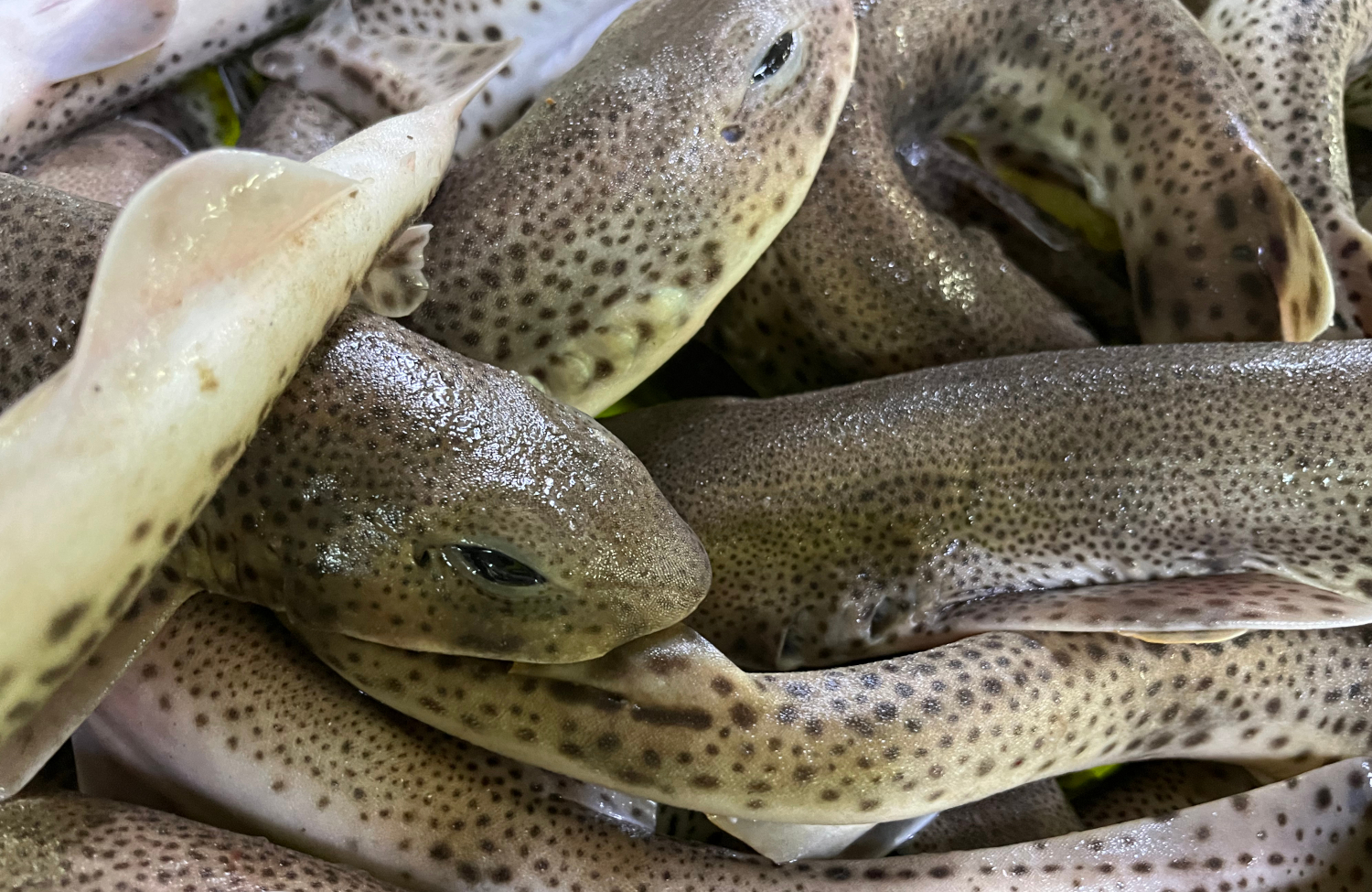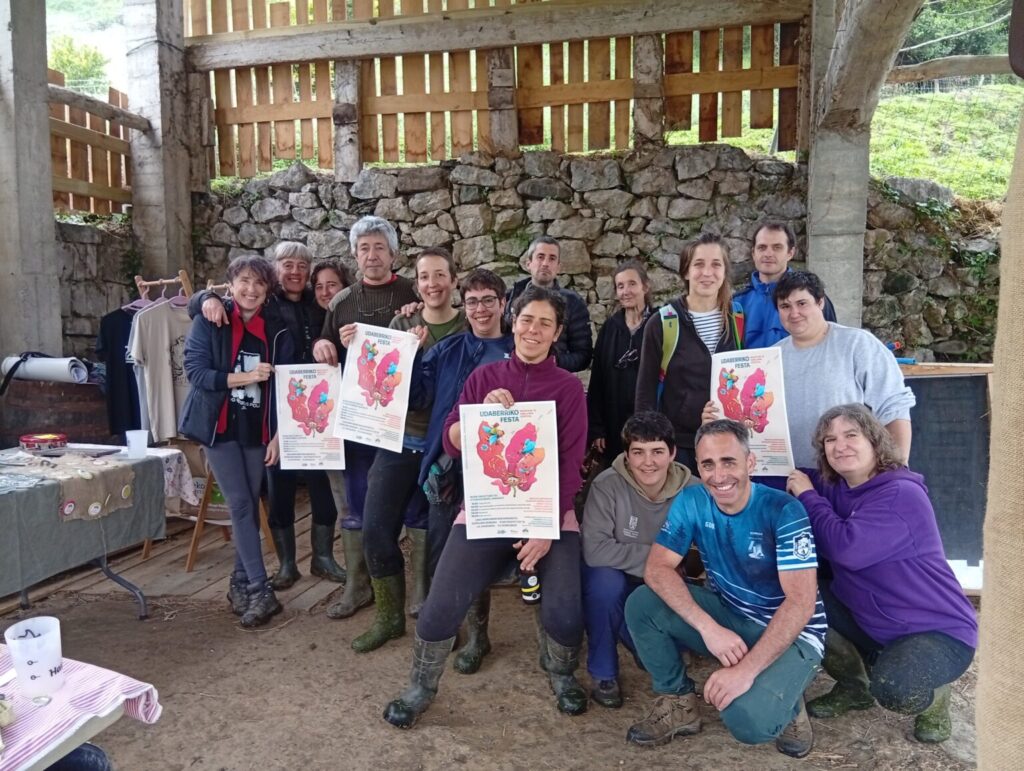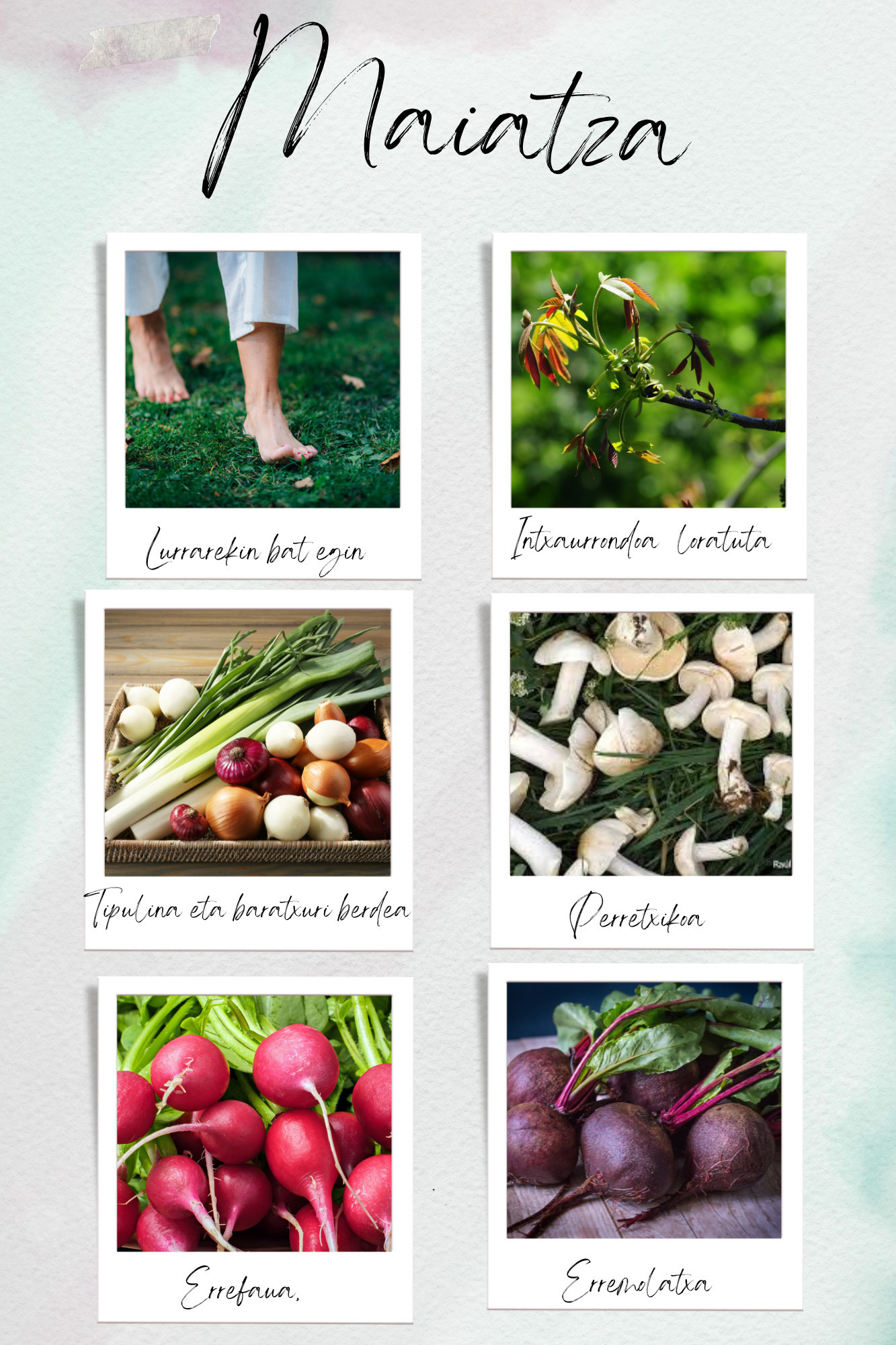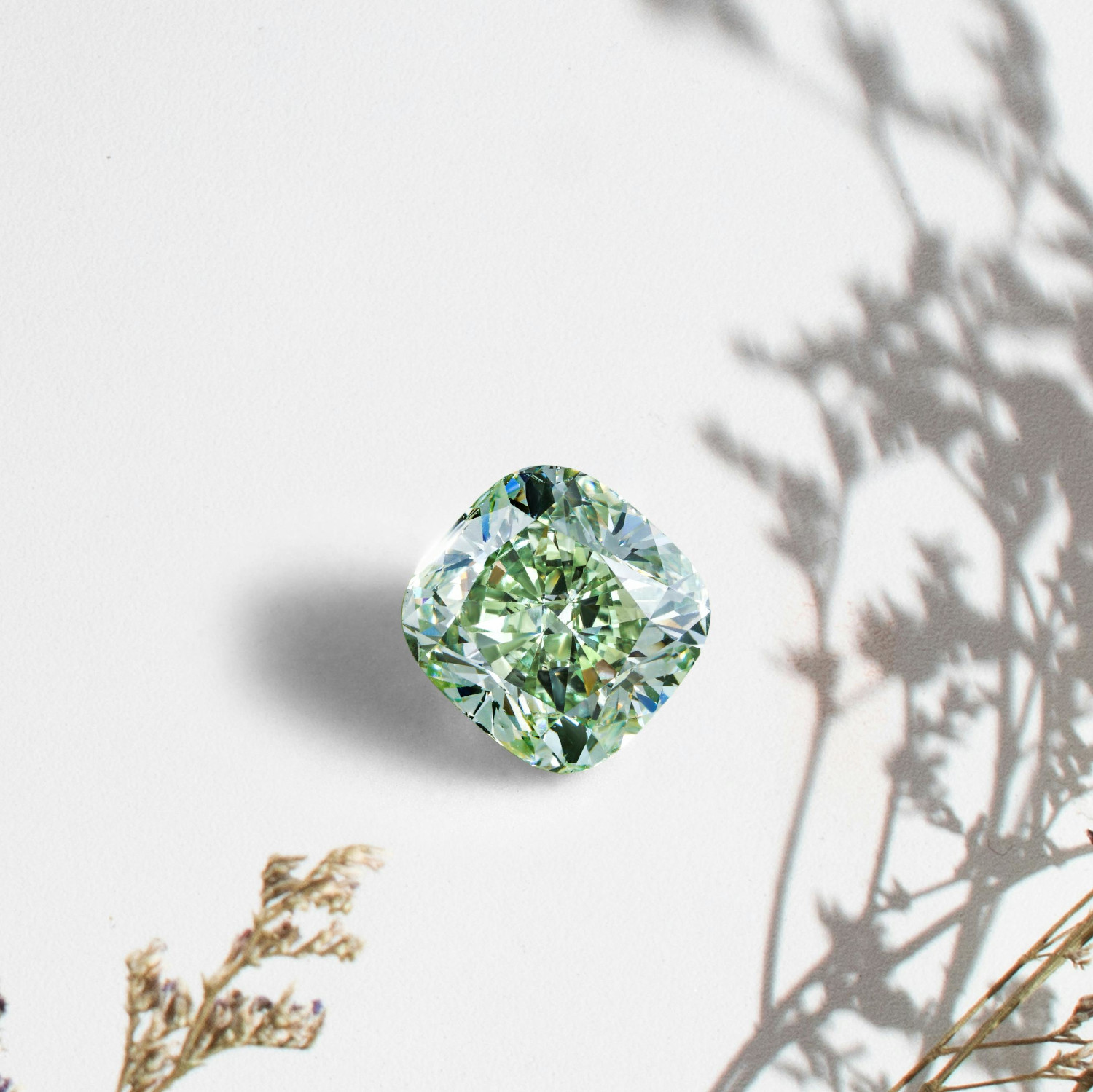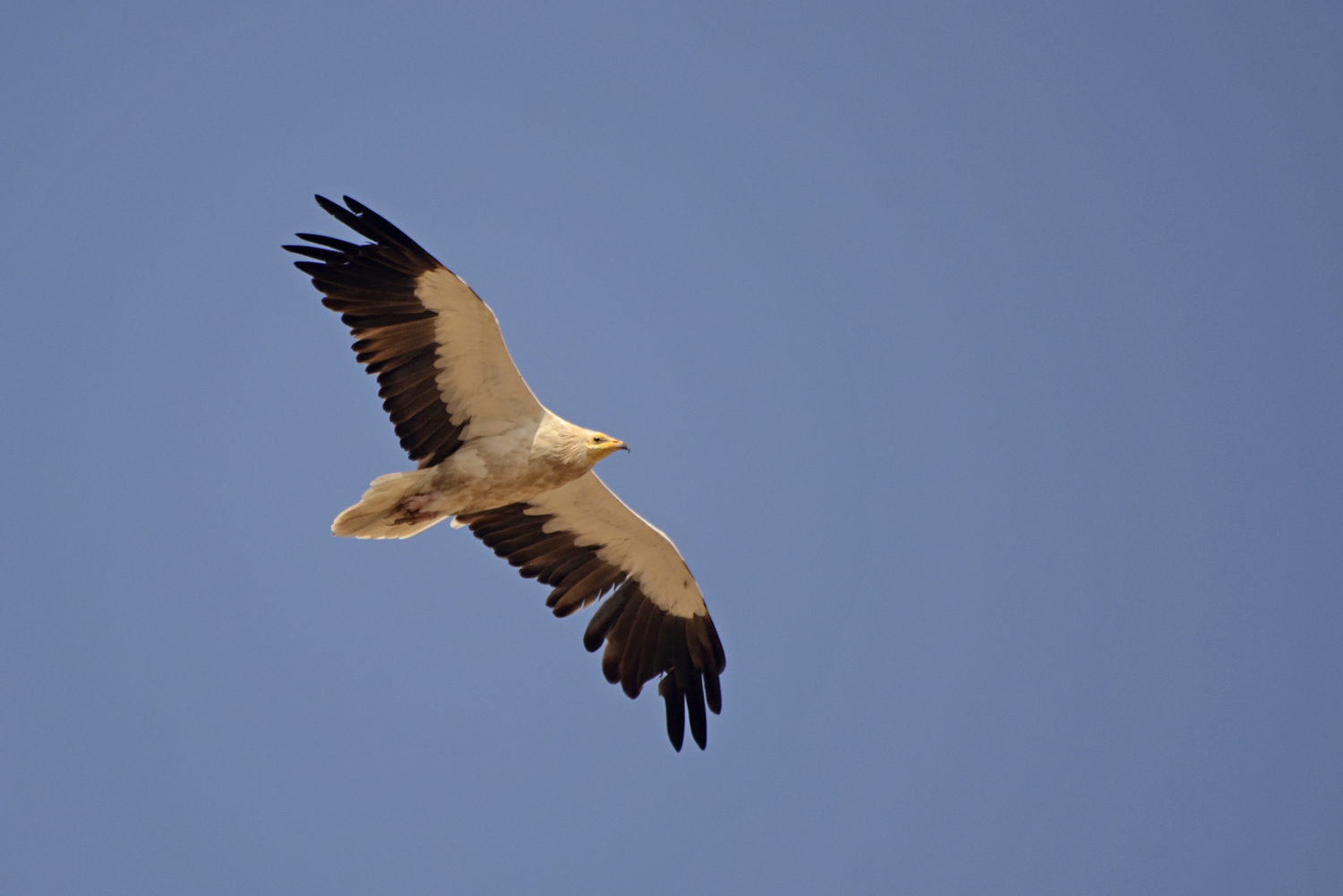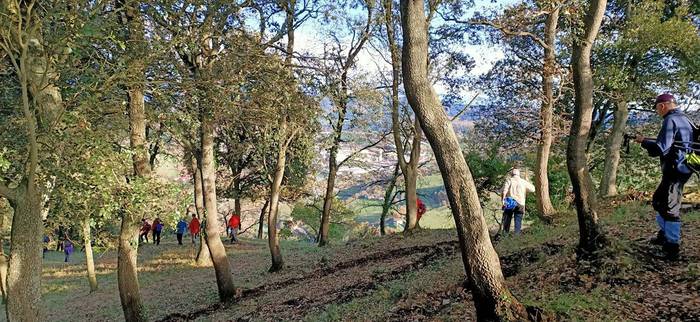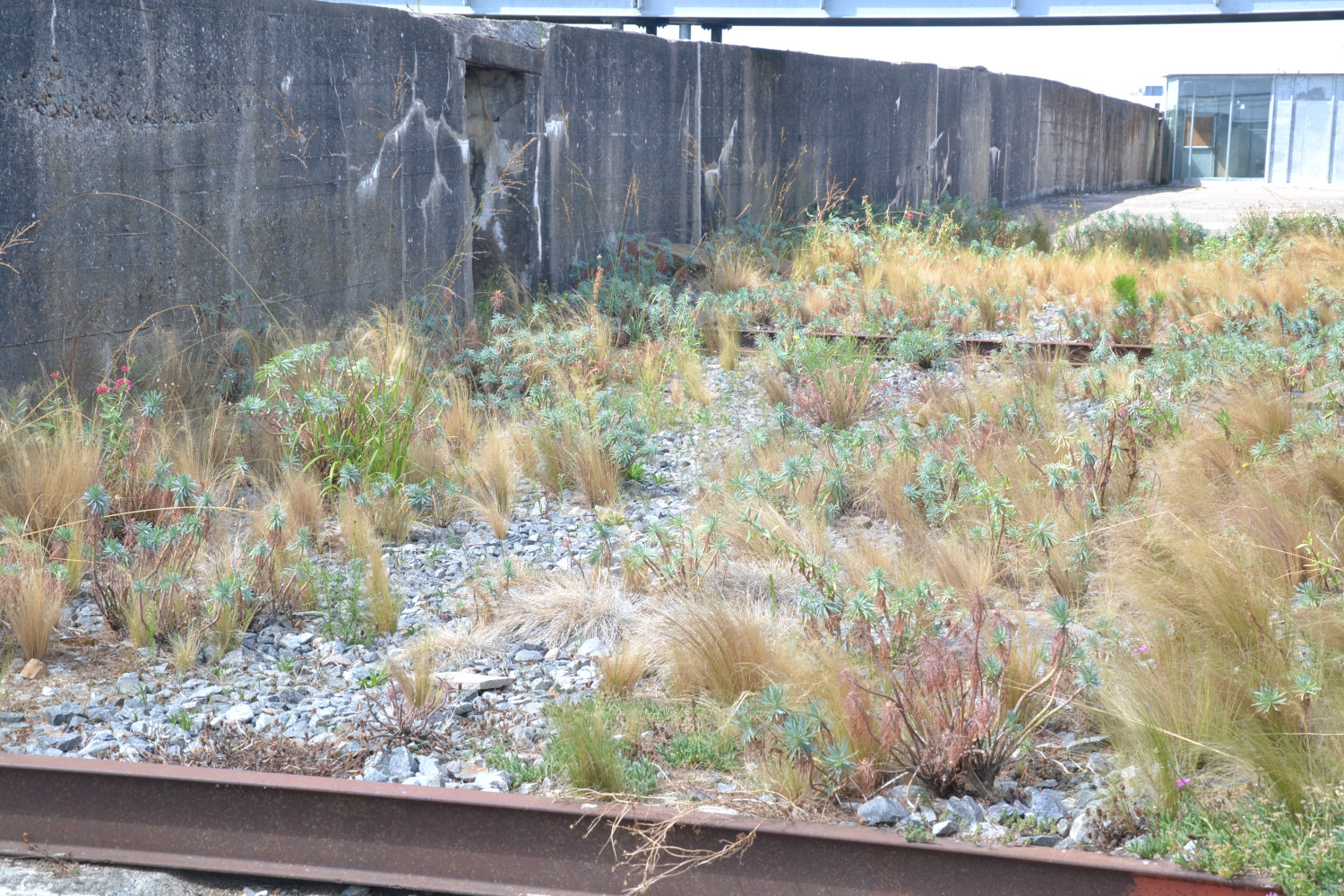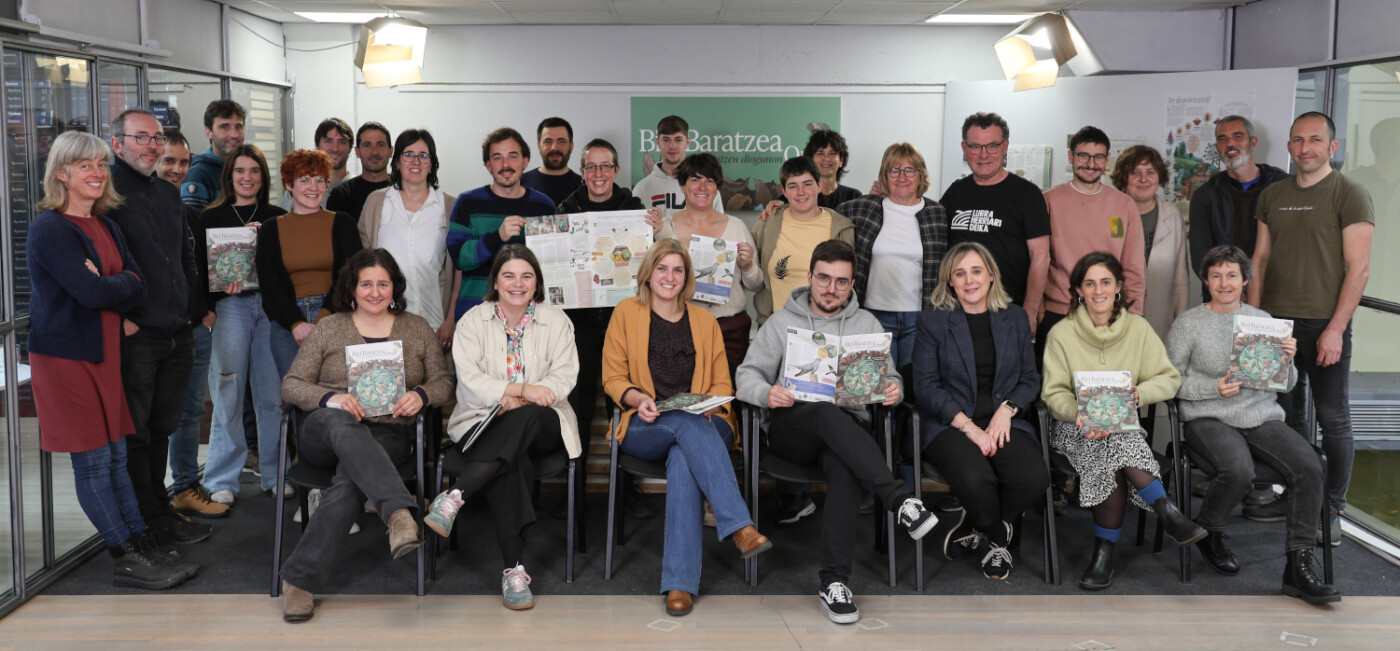From the fire shot and the fire of the pistacha
- On 26 February it was World Pistachio Day 2021, yes, of the pistachio, of the fruit of the pistachera (Pistacia vera).

The pistachio is becoming increasingly known and we will find it in many ways: fresh or burned and salted like simple nuts, ice cream, salad, pistachio milk and cream, pistachio chocolate, pistachio paste, pistachio butter, pistachio loum, biscots and fruit preserves. And without forgetting: sausages and mortadella.
It comes from central Asia, apparently from today’s Iran and Afghanistan; archaeology has made it clear that nearly 9,000 years ago, pistachios were being eaten. The small one we know today has been dated in Uzbekistan before anywhere else, for over 4,500-3,000 years. This pistachio is known as a real pistachio, and that is what his scientific name says: Pistacia vera. The word Vera means real or regular; Pistacia comes from the Italian word from the Latin word, from the Greek word and from the blind word, “clues”. From this same origin he made a journey completely different from that of pelvic "pistag", from which through the words “fustuq” of the Arab classic and “alfunstaq” of the Arabic were called “alphóncigo” of the current Spanish. The bridge from Asia to Europe was made by the Arabs, like many other floors.
The pistachio is dioic, that is, some trees are completely female and others completely male; there are no intermediate hermaphrodites as in most plants that have both sexes. This peculiarity was used by French botanist Sebastien Vaillant to describe and demonstrate the sexuality of plants in 1717. It is considered one of the greatest botanical and biological discoveries.
Iran is currently the largest producer of pistachios, with over 550 million kilos a year in weight. EE.UU Then there's 450. Then they come far from China, Turkey, etc. In Iran, the main females are the “Imperial de Damegán” and the “Setruh-Momtaz”. In the United States, the older female is “Kerman” and the male is “Peter”.
For pollination to be adequate, a male of eight female trees is placed. One of the most important characteristics for crop selection and breeding has been the natural ability to crack and open the skin.
In 2003, the U.S. Food and Drug Administration (FDA) said: “Scientific evidence suggests, but does not show that most nuts, such as 42.5 grams per day of pistachios, as part of a diet low in saturated fat and cholesterol, can reduce the risk of heart disease.”
This is what a study conducted in Turkey in 2011 in the International Journal of Impotence Research says: “The pistachio diet improves the parameters of penile erection function and the profiles of lipid sera in patients with erectile dysfunction.” Only in three weeks were 100 grams of pistachios eaten and the problem was getting better.
The sweetest fruits brought from the sweet East by the Arabs, which are spontaneously opened and made jars by the female pollinated by the male, set on the way the erectile dysfunction of the male penis. All off, On.
The pistachio is warm, as it has little water and is able to become inflamed on its own with plenty of fat and when it accumulates in warehouses and transportation. The one who receives it has to give something...








